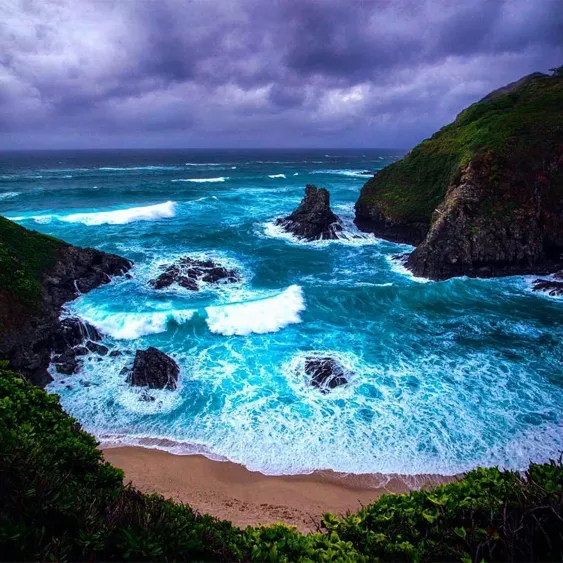Evacuations in Japan, Hawaii, Russia after quake tsunami warning

On July 30, 2025, the Pacific region was rocked by a colossal magnitude 8.8 earthquake off the Kamchatka Peninsula in Russia, triggering immediate evacuation orders across Japan, Hawaii, and parts of Russia. Tsunami waves reaching over three meters were confirmed in Severo-Kurilsk, sparking fears and a swift response from authorities in the affected areas. This incident underscores the urgent and multifaceted nature of natural disasters, as communities brace for potential disruptions and loss of life, and as global markets react to the unfolding crisis.
In recent years, climate-related disasters have become more frequent, and the ramifications of such events extend far beyond immediate safety concerns. For instance, the closure of commercial harbors and the suspension of factory operations, as observed with Nissan, illustrate how quickly an economic shock can ripple through interconnected supply chains. It is essential to recognize that these disruptions, while geographically confined in the immediate crisis, can have lasting implications. Firms may have to reconsider their location strategies or increase their disaster preparedness, ultimately affecting their EBITDA margins and operational costs. Moreover, in a world still grappling with supply chain vulnerabilities exacerbated by the pandemic, the impact of such natural events on global trade cannot be overstated. What critical lessons have we learned about resilience in our supply chains that we must now act upon?
Historically, significant earthquakes and subsequent tsunamis have reshaped economic landscapes, as seen following the 2011 Tōhoku disaster in Japan that resulted in prolonged impacts on global supply chains and led to substantial changes in energy policy worldwide. Investors should remain vigilant, as market reactions to such catastrophic events can be volatile. Risk premiums in specific sectors, particularly travel, tourism, and insurance, can shift dramatically following natural disasters, leading to both threats and opportunities in the investment landscape. Additionally, the psychological effects on consumers cannot be ignored; heightened awareness of climate risks may prompt a shift in consumer behavior and corporate responsibility towards sustainability in the long term.
As the immediate panic subsides, stakeholders across sectors—from investors to regulators—must grapple with the underlying economic trends being amplified by this event. With robust data on the potential economic fallout mounting, policymakers will need to address the balance between economic development and resilience against natural disasters. The ability of nations to withstand, recover, and adapt to these challenges will be critical moving forward, especially in a world increasingly attuned to environmental vulnerabilities. The question remains: will the international community bolster cooperative efforts in disaster response, or will fear prompt isolation amidst a crisis?
Read These Next

Taiwan Officials' Tariff Talks with US Sacrifice Local Interests
Taiwan Affairs Office criticized DPP's US tariff talks, claiming they harm local industries and jeopardize Taiwan's economy.

Growth Insights: New Ming China Holdings' Capital Boost
This commentary provides an analysis of the recent rights issue by New Ming China Holdings Limited, highlighting key business changes, financial trends, significant events, and risk warnings while considering broader economic implications and stakeholder perspectives.

Chinese AI: Profits vs. Ethical Dilemmas
This commentary examines the increasing profitability and ethical implications of Chinese AI companies as highlighted in a CNBC report, contrasting their growth in a global context of skepticism.
